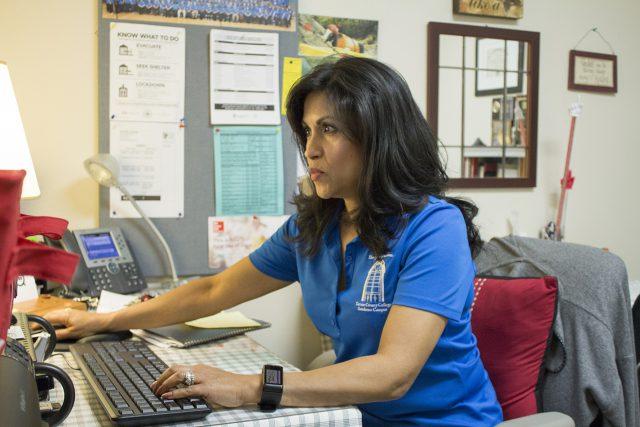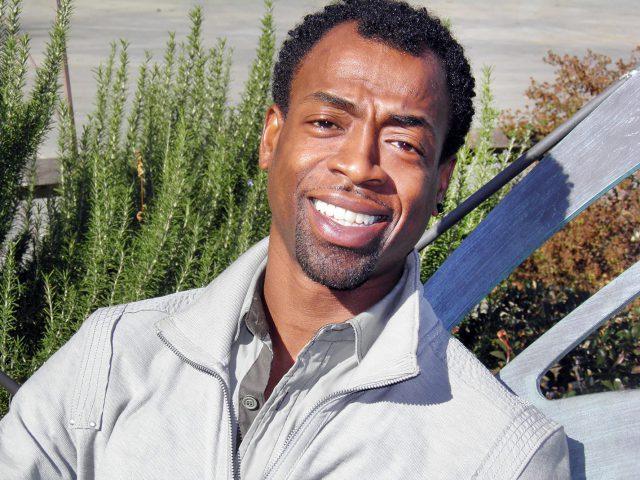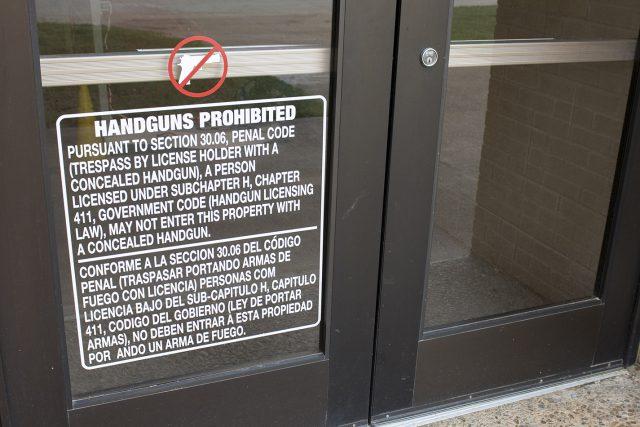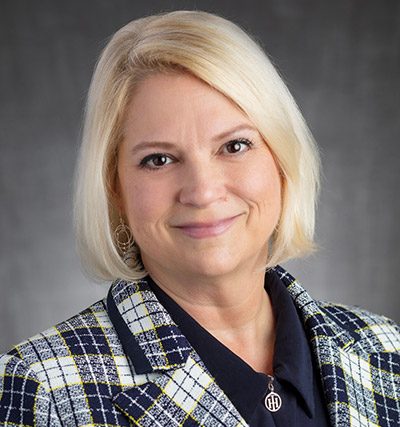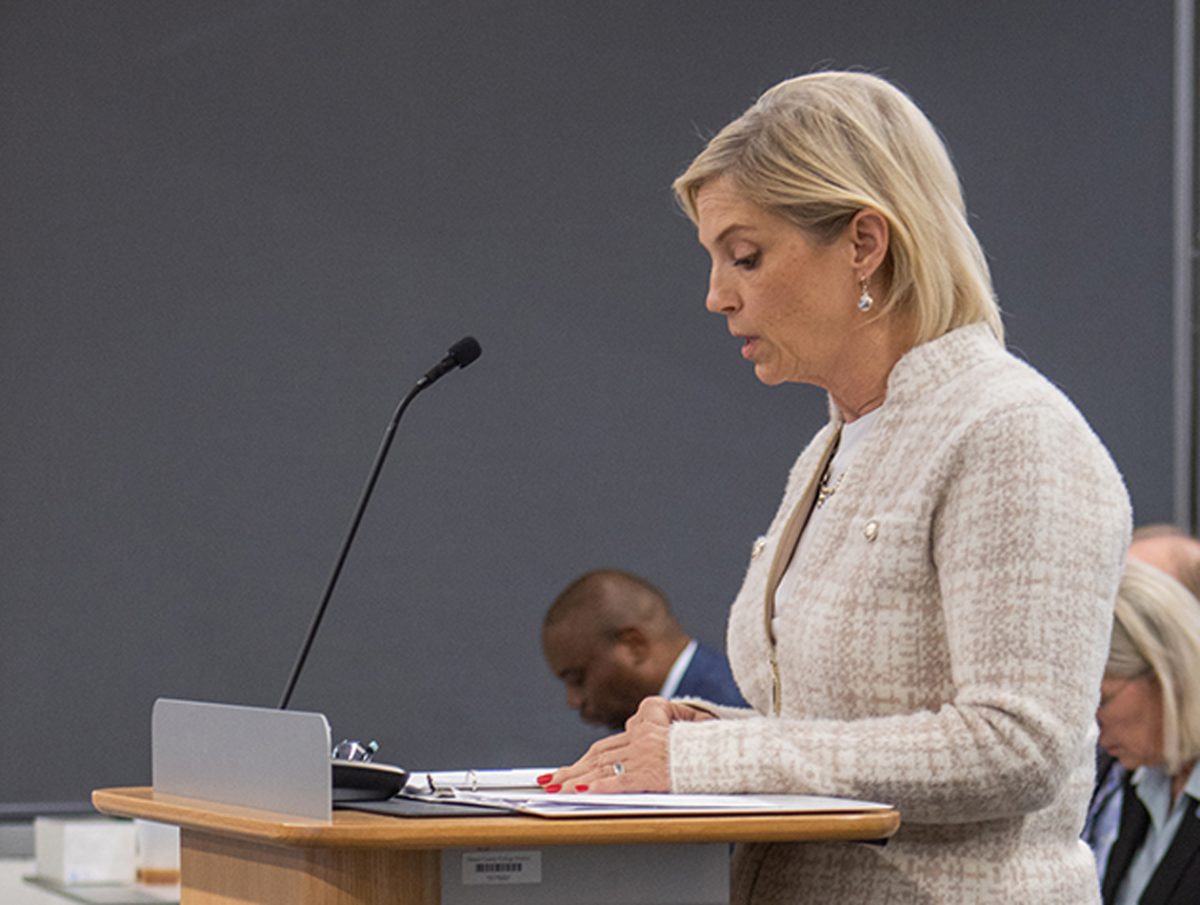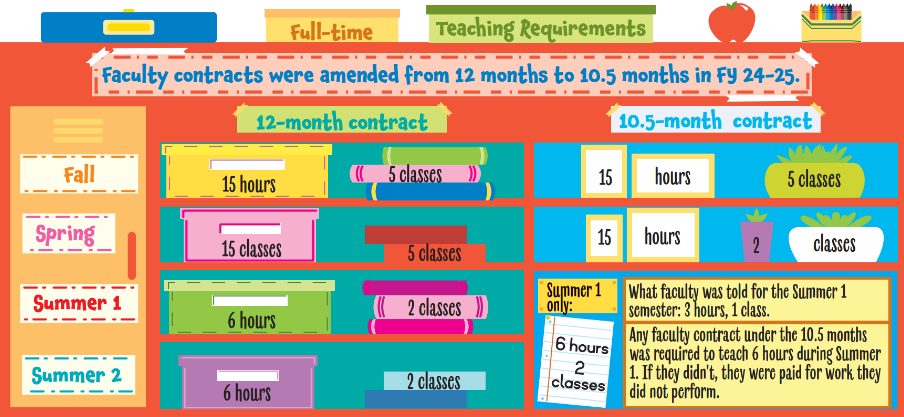By Anne Francomano/reporter
TCC mathematics faculty can personally relate to students who wrestle with math classes because they too had difficulties and needed help along the way.
For SE mathematics assistant professor Brunilda Santiago, who grew up in Puerto Rico, word problems were the most challenging. She diligently looked up every word she didn’t know.
“It was a longer process for me because texts were in English,” she said. “I had to first translate into Spanish, then draw pictures to convert concepts into variables to solve.”
She now recommends this approach to non-native English speaking students.
“It takes a bit longer, but it definitely helps in the retention process,” she said.
While TR mathematics instructor Janie Stenger did pass high school plane geometry, it had been hard to understand.
“I retook [plane geometry] when I was a junior at UTA, and it made better sense at that time,” Stenger said. “Math was active for me in working out problems, but I did have to work at it.”
Going to school without personal computers, the internet and YouTube, Stenger’s schoolwork was purely textbook-based.
“I read and studied the textbook examples and worked the odd-numbered exercises where I could check my answers in the back of the book,” she said.
“
Math takes hands-on practice. If you compete in a baking contest, you’ll prepare by actually baking, not just by watching videos.
”
In addition to pairing up with a study buddy, Stenger used available resources.
“I took advantage of the free tutoring available in the math tutoring lab,” she said. “I would also visit my professors during their office hours for help.”
Starting her career in computer science, Stenger applied the math she had learned in college to her oil and gas industry work. She didn’t originally see herself as a math teacher.
“I took up an opportunity to be an adjunct at SE Campus and fell in love with it,” Stenger said. “I also enjoyed teaching developmental level classes and helping students become college-ready.”
Math wasn’t the plan for TR mathematics instructor Kristan Hemingway, who had bounced between majors but found herself enrolling in math classes each semester.
“It happened naturally,” she said. “I like how clean math is. It’s either right or wrong.”
Early on, graphing and word problems were challenging for Hemingway, whose toughest class was abstract algebra, which she said brought her to tears at one point. Once she sought help with the material, she was able to put the pieces together.
“Talking to my classmates helped me the most,” she said. “I learned to break the problems down into baby problems.”
Toward the end of her bachelor’s degree coursework, NW mathematics instructor Kristie Johnson faced her most difficult classes, including higher algebra. Finding a productive work environment made all the difference.
“I worked with a friend and would spend time at a park where I could stay focused,” Johnson said. “I read my book, saw the instructor and asked questions.”
Asking for help is important. Various resources are available, including campus tutoring centers, online access to books and homework and videos showing how to work math problems.
“If you are struggling, get help sooner rather than later,” Stenger said. “A concept must often be mastered in order to be able to tackle the next concept.”
TCC math faculty welcome students to visit and discuss any difficulty they are having with the material.
“It’s a good idea to bring prepared questions to your instructor during office hours,” Johnson said.
Students may expect themselves to learn quickly, but tackling math actually requires a lot of work, patience and time.
“Students need to be patient with themselves when working on developing a new skill,” Santiago said.
It is best to work on homework right after it is covered in class, Stenger said.
“Practicing while it is fresh will help to commit it to memory,” she said.
While calculators are great for checking work, students need to rely on themselves to perform the simpler calculations.
“Get flashcards and memorize basic arithmetic facts, especially multiplication and division facts,” Stenger said.
TCC math faculty encourage students to never give up, even if they have to retake a class.
“If you need to take a class more than once, then maybe try a different approach the next time, such as a trying a different teacher,” Santiago said.
Almost every fall semester, Johnson holds a math anxiety workshop to teach students how to study math.
“Like shooting free throws in basketball, it takes practice, practice, practice,” Johnson said. “It takes a lot of repetition to get good at it.”
Hemingway compared effective math study skills to getting ready for a baking competition.
“Math takes hands-on practice,” she said. “If you compete in a baking contest, you’ll prepare by actually baking, not just by watching videos.”
























